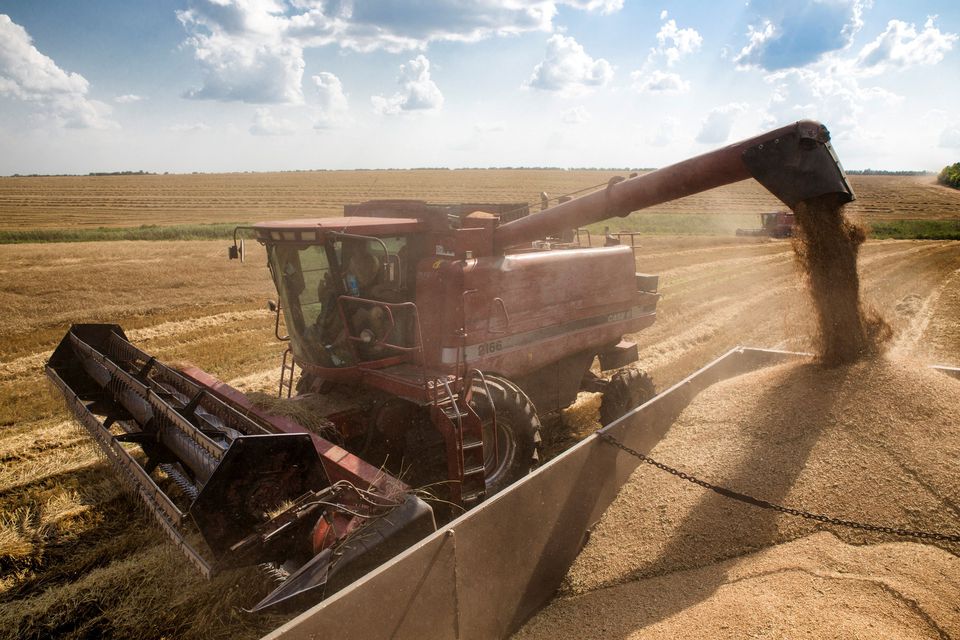On September 1st, the UN Food and Agricultural Organization (FAO) world food price index dropped for the fifth time in a row.
Recent data from the United Nations’ food agency highlights that the prices of commodities—cereals, vegetable oil, dairy, meat, and sugar—were lower in August as compared to July, as the resumption of grain exports from Ukrainian ports contributed to improved supply prospects.
The index tracks the monthly international prices of the breadbasket staples mentioned above. It averaged 138.0 points last month versus a revised 140.7 for July. Before this, the July figure was put at 140.9.
🔴 World food commodity prices dip for fifth month in a row in August (🔻1.9 % from July) but remain 7.9 % above their value a year before.
Global cereal production to decline by 38.9 million tonnes (🔻1.4 %) in 2022 from the previous year.
👉https://t.co/WdwEUjFW5G pic.twitter.com/o4mDb874uO
— FAO Newsroom (@FAOnews) September 2, 2022
What’s noteworthy here is that this index has fallen from a record of 159.7 in March, soon after the Russian invasion of Ukraine. Despite the fact that the current reading is 7.9 percent higher than a year ago.
FAO said the decline in cereal prices reflects the improved wheat production prospects in North America and Russia, and the resumption of exports from the Ukrainian port.
The landmark agreement brokered by the United Nations and Turkey, to unblock grain exports from Ukraine amid Russian invasion.
However, Mykola Solsky, the agriculture minister of Ukraine, has cautioned that forthcoming harvests would suffer due to war.
In the opinion of the Ukrainian Agrarian Council, a lack of funds combined with a devastating vegetation area would negatively impact production. The global cereal production forecast for this year, issued by FAO, shows a decline of approximately 40 million tonnes from the previous year.
Furthermore, the bulk of this decline is primarily the result of a variety of factors, from the war-affected areas of wheat plantations in Ukraine to the arid weather conditions.

